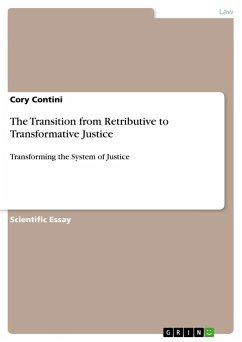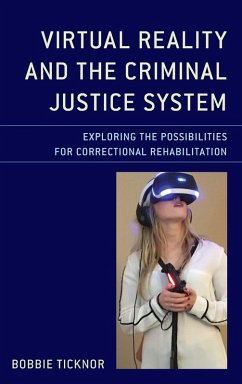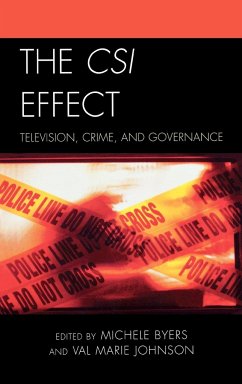
Transformative Justice
Critical and Peacemaking Themes Influenced by Richard Quinney
Herausgeber: Wozniak, John F.; Vogel, Ronald E.; Braswell, Michael C.
Versandkostenfrei!
Versandfertig in 1-2 Wochen
122,99 €
inkl. MwSt.

PAYBACK Punkte
61 °P sammeln!
Transformative Justice illustrates how critical restorative and peacemaking perspectives on crime form the basis of a transformative criminology (a call for personal and institutional transformation of crime and justice). Transformative criminology is explored in terms of theoretical influences, peacemaking and restorative applications, and next steps to be taken in this needs-based and compassionate orientation toward social life.












